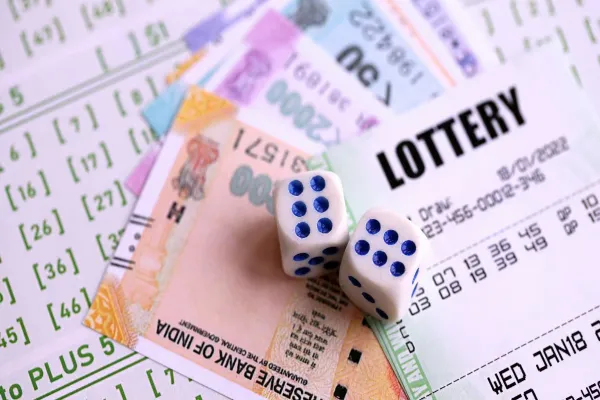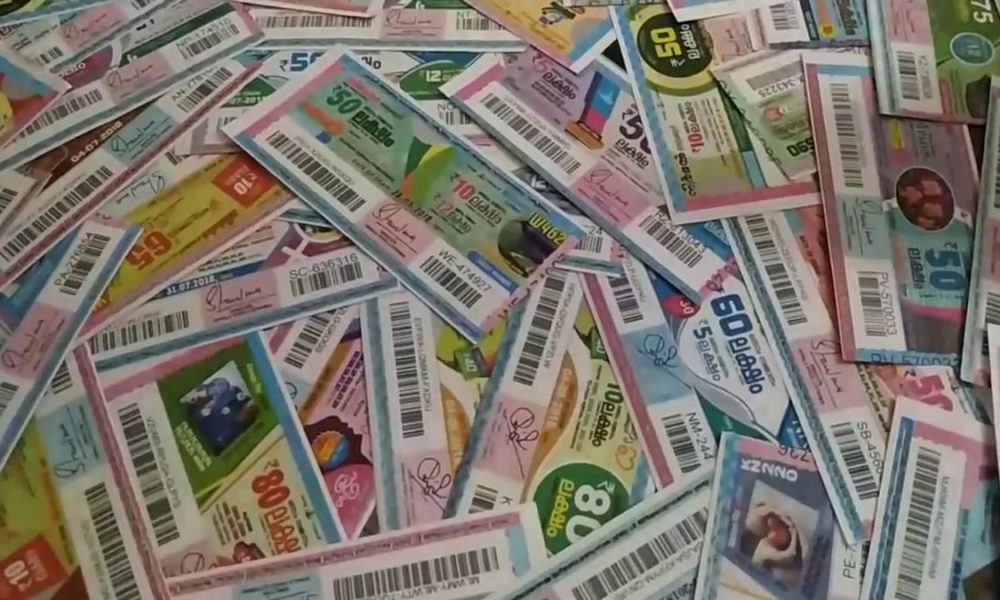The rise of online lottery games has been accompanied by increased lottery-related scams. Fraudulent websites and emails promising huge jackpots or guaranteed wins are becoming more sophisticated, making it crucial for players to know how to spot and avoid these scams.
Unsolicited emails or messages
Any message or email claiming you’ve won a lottery you didn’t enter is likely a scam. Legitimate lotteries will never contact you to inform you of a win; it’s the player’s responsibility to check results and claim any prizes. Delete unsolicited notifications of lottery wins, and don’t click any links they contain, as they may be attempts to steal your personal information.
Requests for personal or financial info
Attempting to claim a prize or subscribe may require your bank account number, credit card number, or social security number. Legitimate lottery sites will never request this information unless it is unsecured. Do not share financial data over the internet unless the site is reputable and verified. If a site is pressuring you for this info, steer clear.
Claims of guaranteed wins
No legitimate lottery can ever guarantee that you’ll win a prize. Lotteries are games of pure chance, and any site that claims to influence the results is a scam. Don’t fall for promises of jackpots in exchange for a fee – there’s no magic formula to winning the lottery. These guarantees are a sure sign of a fraudulent scheme.
Pressure to act quickly

Scam sites often try to pressure potential victims into acting fast by claiming a prize will expire, or a special offer is only available for a limited time. They want you to decide without having time to think it through. Legitimate lotteries give winners ample time to claim prizes and don’t use high-pressure sales tactics. If a site is rushing you, slow down and approach with caution.
Unprofessional website design
While not always the case, many scam lottery sites have poor web design with lots of flashy graphics, pop-ups, and buzzwords. They may overuse terms like “guarantee,” “risk-free,” or “winner” and make outrageous claims. Legitimate lottery websites look professional, load quickly, and contain verifiable company info. Trust your instincts; if a site seems sketchy, it probably is.
Misspellings and grammatical errors
Official lottery websites undergo thorough editing and proofreading. If you notice frequent spelling mistakes, misused words, or poor grammar on a site, that’s a red flag. Many lottery scams originate overseas, and their creators may have a shaky grasp of English. Don’t overlook sloppy mistakes; they’re often a sign that something isn’t right.
Unusual domain names
Lottery scam sites tend to use domain names close to those of official lotteries to trick people. They may add words like “claim,” “win,” or “prize” to the URL of a legitimate lottery. Double-check the domain name and look for anything unusual before entering personal info or purchasing. When in doubt, navigate directly to the official lottery’s site.
Lack of licensing information
Legitimate online lotteries are heavily regulated and must be appropriately licensed. Most reputable sites will clearly list their licensing and regulation details, often in the page footer. Scam sites are unlikely to have this information or may claim to be licensed in countries that don’t regulate online lotteries. Check a site’s license status with the relevant regulatory bodies before playing.
Be extremely cautious when dealing with online lottery sites. Smart choices in togel come from skepticism and careful judgment. Stay safe by sticking to reputable, official lottery sites and never sending money to or sharing financial details with unverified entities.








